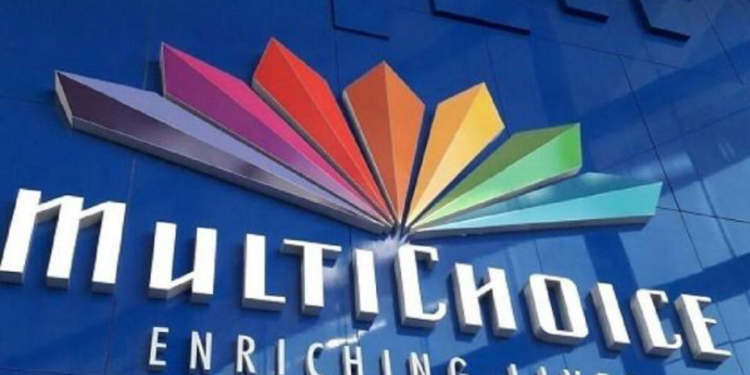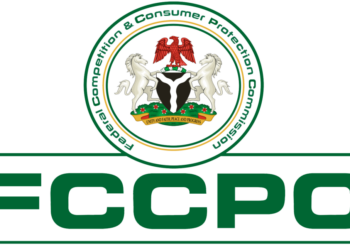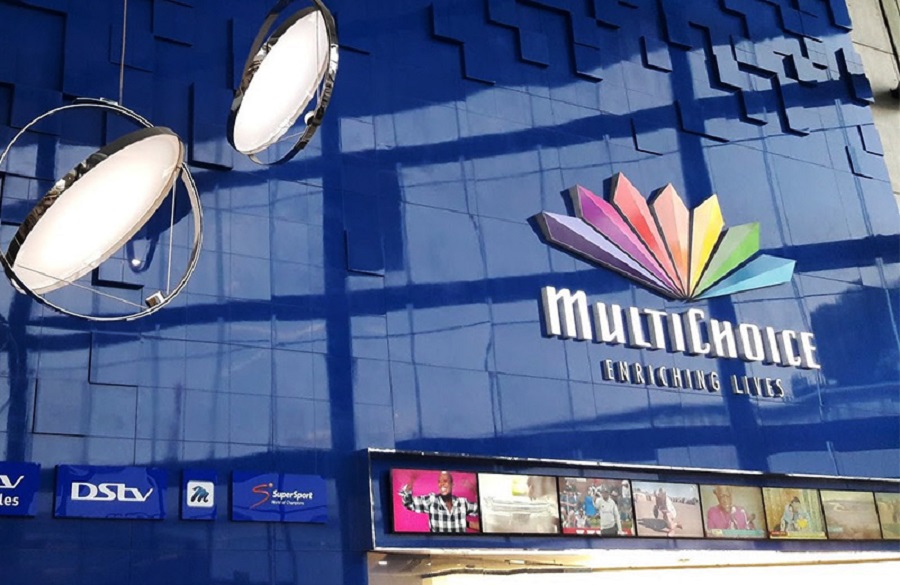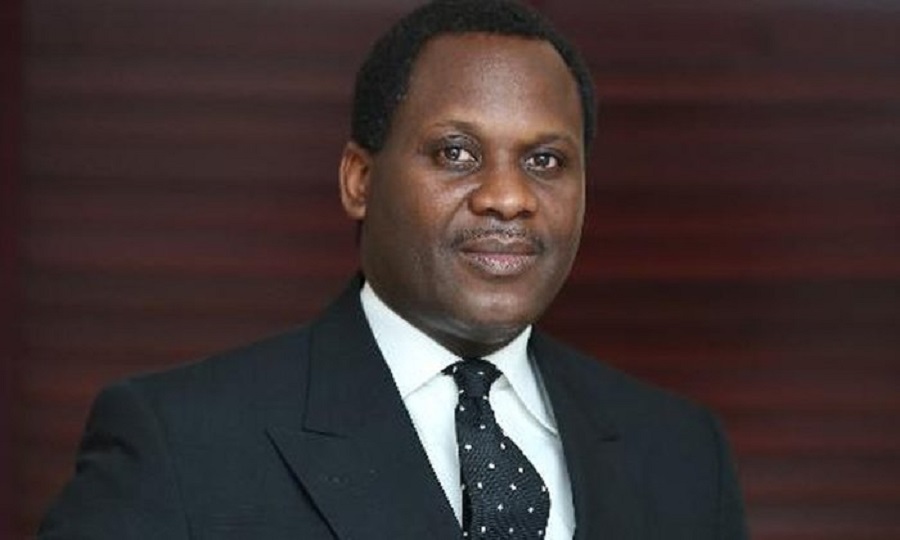The Federal High Court in Abuja has dismissed MultiChoice Nigeria Limited’s suit seeking the upholding of its DStv and GOtv price increases in Nigeria.
Justice James Omotosho passed the judgment on Thursday, saying that the pay TV’s suit was an “abuse of court process”.
Previously, Omotosho had issued an interim order restraining the FCCPC from taking “any administrative steps” against MultiChoice Nigeria Limited following its announcement of price increases for DStv and GOtv.
The order was granted after MultiChoice’s lawyer, Moyosore J. Onigbanjo (SAN), in case number FHC/ABJ/CS/379/2025, complained that, despite ongoing litigation, the FCCPC continued to send cease and desist letters threatening further sanctions.
Legal Dispute
The FCCPC had earlier summoned MultiChoice Nigeria to explain the rationale behind the price adjustments.
- The Commission directed the company’s Chief Executive Officer to attend an investigative hearing on February 27, 2025, expressing concerns over frequent price hikes, potential abuse of market dominance, and anti-competitive practices in the pay-TV industry.
- The FCCPC also warned that failure to justify the price increases or adhere to fair market principles could result in regulatory sanctions.
MultiChoice’s legal team, led by Onigbanjo, filed a case seeking an injunction to prevent the FCCPC and its officers from prosecuting MultiChoice based on a letter dated March 3, 2025, citing lack of fair hearing.
- They also sought an order restraining the FCCPC, its agents, servants, or representatives from restraining or sanctioning MultiChoice over its price increases.
- He urged the court to declare that the FCCPC lacks statutory powers to stop MultiChoice from fixing its prices.
- Onigbanjo argued that Nigeria operates a free-market economy where the prices of goods and services are not regulated.
- He contended that the FCCPC Act and other relevant laws do not empower the Commission to regulate prices or require businesses to obtain approval before adjusting their service costs.
At the court session on March 27, 2025, FCCPC’s counsel, Prof. Joe Agbugu (SAN), emphasized that there was no issue of price regulation or fixing at the time MultiChoice initiated the legal action.
He asserted that the FCCPC is authorized by law to regulate alleged abuses of dominant market positions, especially when such abuses affect Nigerian consumers.
In rebuttal, Onigbanjo described the FCCPC’s concerns about excessive pricing as an afterthought, pointing out that the FCCPC’s letter focused on price increases – a matter he argued the Commission lacked the authority to regulate.
After hearing from both parties, Justice Omotosho reserved judgment for May 8, 2025.
Court’s Judgement
Passing his judgement on Thursday, Omotosho held that failure to serve a pre-action notice renders a finance-related suit a nullity.
- He said, however, that a pre-action notice can be waived if a party fails to raise the issue.
- The judge waived the issue of pre-action notice raised by the FCCPC against MultiChoice, stressing it was not raised during the proceedings by the FCCPC.
- On the MultiChoice suit being an alleged abuse of court process in view of a pending suit by one lawyer, Festus Onifade, before another court division, the judge observed that the two suits are similar.
- The judge held that MultiChoice was aware of the pending suit filed by Barrister Festus Onifade before filing the instant suit.
“This is an abuse of court process,” the judge said.
“I hold that the plaintiff(MultiChoice) in this instant suit could have ventilated his grievance before the previous pending suit,” the judge continued.
- However, the judge said as per the balance of convenience, he would delve into the issue of price regulation.
- Omotosho said while FCCPC is an agency of the federal government of Nigeria, it must act within its powers in line with relevant laws.
- The judge said that even though the FCCPC has the power to declare market dominance and discriminatory prices against an entity, it must make a pronouncement after carrying out an investigation against such a company.
- Omotosho held that from the facts before the court, investigation had yet to begin before the FCCPC issued the suspension directive to MultiChoice.
“FCCPC is not vested with the power to suspend the price hike of an entity before conducting an investigation,” Omotosho said.
He said the FCCPC acted beyond its power by the directive it issued against MultiChoice’s price increase.
- According to the judge, Nigeria operates a free market economy, where only the president of Nigeria has the exclusive power to regulate prices and to set up a price control board against any defaulting foreign companies or regulated goods and services.
- He added that the FCCPC only has an advisory role on the issue of price fixing.
- The judge said the powers of the president to regulate prices cannot be exercised by any other person or agency, or body.
- He stressed that the FCCPC can only regulate prices if the president delegates such powers to the Commission via an “instrument”.
- Omotosho held that MultiChoice, being a private company and due to the free market economy of Nigeria, its subscription prices cannot be restrained arbitrarily except only by an order of the President in line with relevant laws.
- Omotosho further held that in line with relevant laws, if the president decides to fix prices, it must cover an entire industry and not just a single player.
- The judge said that FCCPC has powers to make rules in respect of anti-competition, anti-consumer protection, among others, except for the issue of fixing prices.
- The judge also recalled that in 2022, the Competition and Consumer Protection Tribunal had ruled that MultiChoice had the right to increase its price while Nigerians had a choice to opt for other pay TV platforms.
Omotosho said FCCPC appears to be targeting MultiChoice unfairly while ignoring the pricing of other pay TVs and online TVs like YouTube in Nigeria.
“Prices cannot be regulated in a free market economy. Attempt to fix prices will only scare investors away,” the judge held.
- However, the judge concluded that the suit by MultiChoice is an abuse of the court.
- Consequently, the judge said the suit is hereby dismissed for being an abuse of court process.
Backstory
MultiChoice had informed customers of a planned price increase for its DStv and GOtv packages, scheduled to take effect on March 1, 2025. The proposed adjustments included:
- DStv Compact: Increase from N15,700 to N19,000 (a 25% rise)
- DStv Compact Plus: Increase from N25,000 to N30,000 (20% hike)
- DStv Premium: Increase from N37,000 to N44,500 (20% increment)
- GOtv Supa Plus: Increase from N15,700 to N16,800, among other adjustments
These increases came less than a year after a previous hike in May 2024, which the company attributed to inflation and rising operational costs.
- The planned increases elicited reactions from Nigerians, who expressed concerns over the lack of viable competition in the pay-TV market.
- In response, the FCCPC summoned MultiChoice Nigeria to explain the rationale behind the price adjustments and later filed a lawsuit at a Lagos High Court, alleging violations of regulatory directives and obstruction of an ongoing inquiry.
Onigbanjo insisted that MultiChoice was being unfairly singled out, noting that other service providers had also increased prices due to inflation and rising operational costs.





















